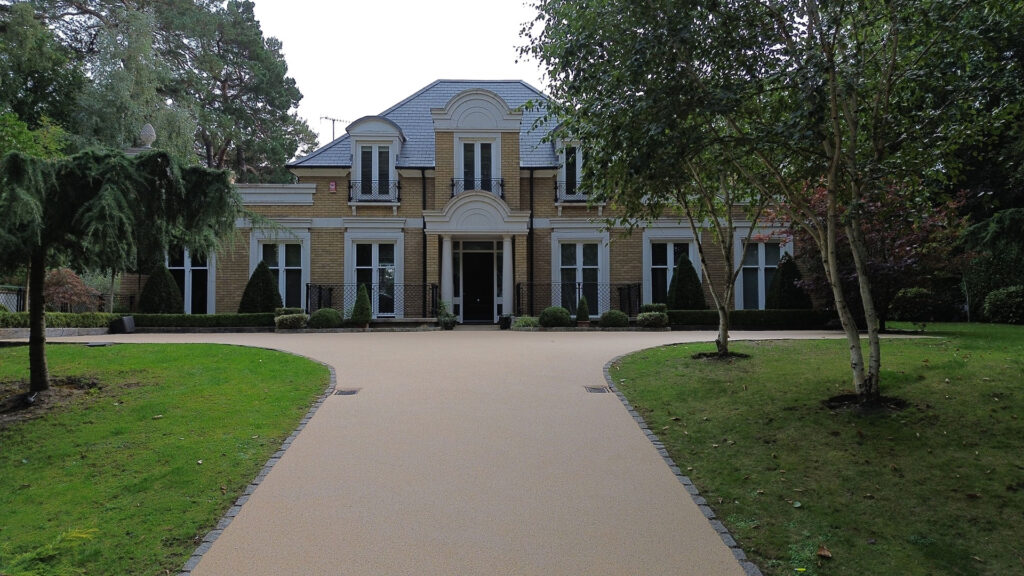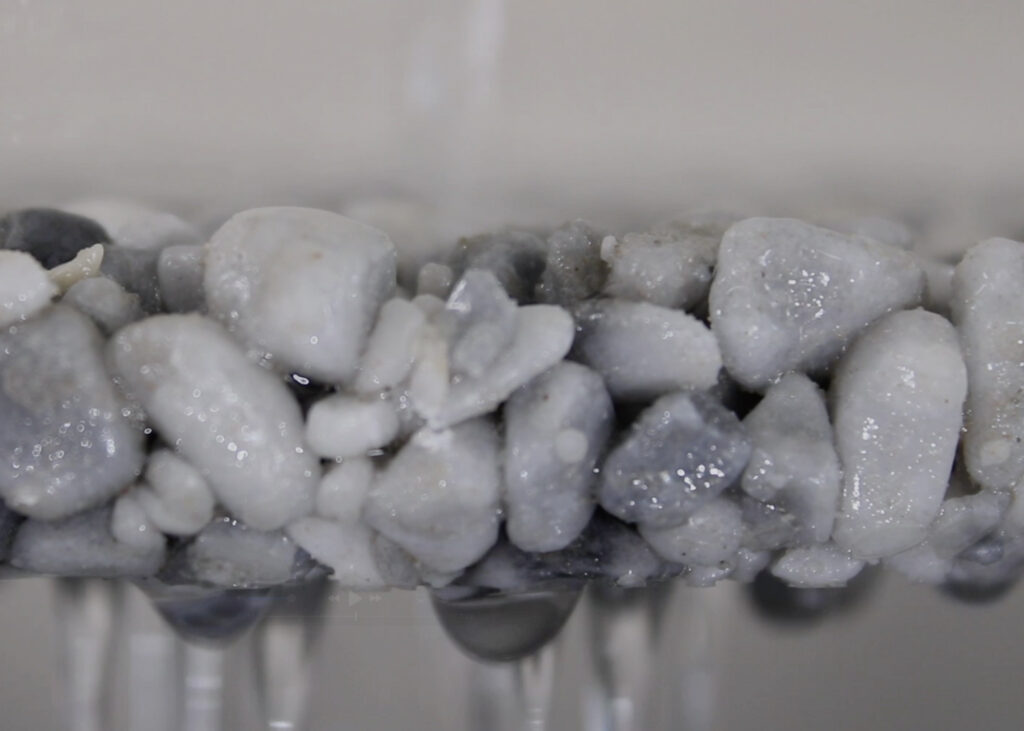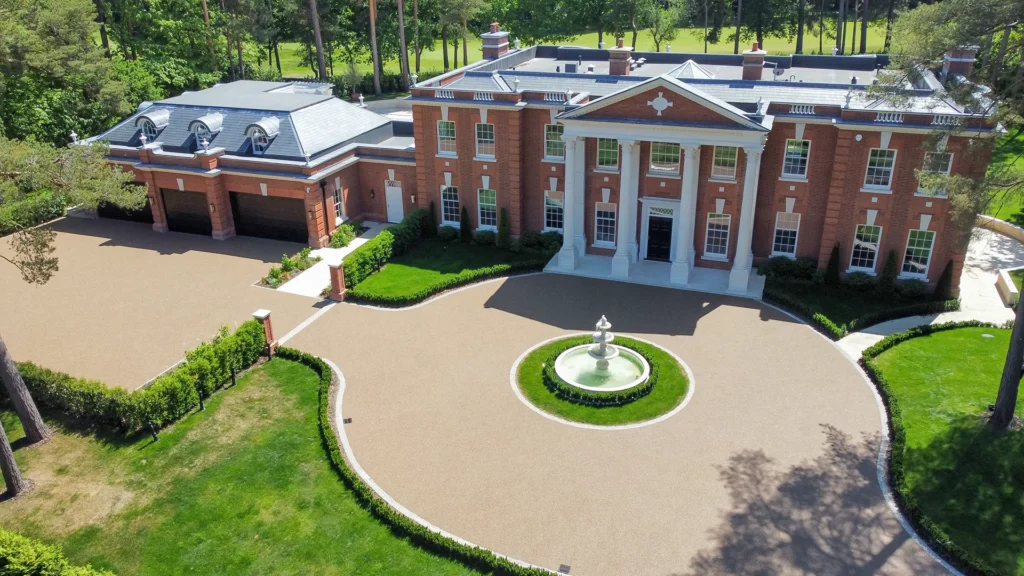Epoxy vs Polyurethane Resin: Which is Best for Resin Bound Driveways?
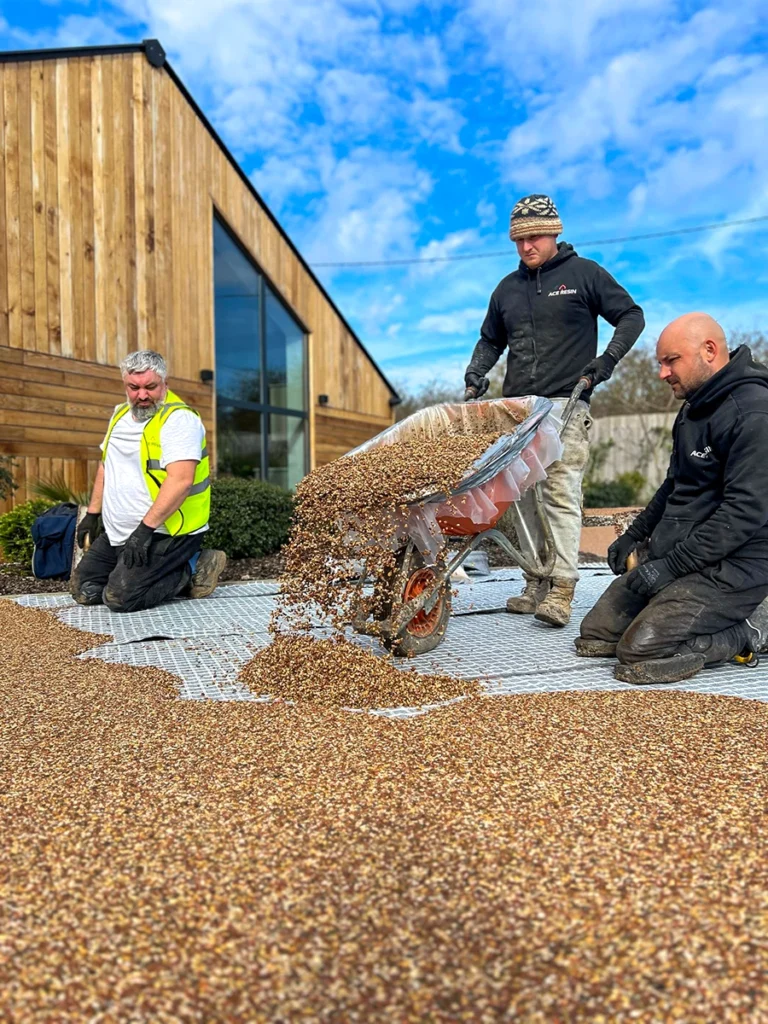
When choosing resin for your driveway, patio or pathway, you may come across two main types: epoxy and polyurethane. Both are popular in construction, but they behave very differently,especially outdoors.
Here’s a clear breakdown of the differences, why polyurethane resin is used in resin-bound surfacing, and why it’s the better choice for long-lasting driveways.
What is Epoxy Resin?
- Not UV stable – it tends to yellow and fade in sunlight.
- Rigid and brittle – changes in temperature or ground movement can cause cracking.
- Non-permeable – it doesn’t allow water to drain through, leading to puddling.
What is Polyurethane Resin?
- UV stability – won’t discolour or fade in the sun.
- Flexibility – adapts to changes in temperature and ground movement, preventing cracks.
- Permeability – water drains naturally through the surface, keeping it SuDS compliant.
Resin Bound vs Resin Bonded Gravel
It’s easy to confuse these two systems, but they’re very different:
- Resin Bound Paving – gravel is fully mixed with resin before being trowelled into place. Every stone is coated, creating a seamless, permeable surface that allows water to flow through. This is the method Ace Resin uses.
- Resin Bonded Gravel – resin is spread onto a surface, and loose gravel is scattered over the top. It looks textured but isn’t permeable and is less durable over time.
For a SuDS-compliant, long-lasting finish, resin-bound is the clear winner.
Epoxy vs Polyurethane Resin: The Key Differences
| Feature | Epoxy Resin | Polyurethane Resin |
|---|---|---|
| UV Stability | Yellows in sunlight | UV-stable – keeps its finish |
| Flexibility | Rigid, prone to cracking | Flexible, resists movement |
| Permeability | Non-permeable | Fully permeable (SuDS compliant) |
| Best Use | Indoor flooring, coatings | Outdoor driveways, patios, paths |
Why Choose Resin Bound Surfacing with Polyurethane Resin?
Resin bound driveways and paving made with polyurethane resin offer:
- A smooth, decorative finish that enhances kerb appeal.
- Strength and durability to handle vehicles, weather, and daily use.
- Natural drainage that prevents puddles and supports sustainable water management.
- Low maintenance – easy to clean and long-lasting.
At Ace Resin, we only use high-quality polyurethane resin to ensure every project is attractive, practical, and built to last.
Why Choose Resin Bound Surfacing with Polyurethane Resin?
Resin bound driveways and paving made with polyurethane resin offer:
- A smooth, decorative finish that enhances kerb appeal.
- Strength and durability to handle vehicles, weather, and daily use.
- Natural drainage that prevents puddles and supports sustainable water management.
- Low maintenance – easy to clean and long-lasting.
At Ace Resin, we only use high-quality polyurethane resin to ensure every project is attractive, practical, and built to last.

Ready to Upgrade Your Driveway?
If you’re considering a resin bound driveway or patio, polyurethane resin is the best choice for performance, durability, and sustainability.
Get a free quote today and see how Ace Resin can transform your outdoor space with a beautiful, hard-wearing resin bound surface.
Frequently Asked Questions
Not really. Epoxy is strong but not UV stable, meaning it can yellow in the sun. It’s also rigid, so it may crack outdoors with changes in temperature or ground movement. That’s why polyurethane resin is preferred for driveways.
Polyurethane is UV-stable, flexible, and permeable. This makes it ideal for outdoor applications, as it resists cracking, keeps its colour, and allows water to drain naturally.
- Resin bound: Stones are mixed with resin and trowelled into place. The surface is smooth, durable, and permeable.
- Resin bonded: Resin is spread on a surface and loose stones are scattered on top. It looks textured but is not permeable and doesn’t last as long.
Yes. Because polyurethane resin bound systems are permeable, they allow rainwater to pass through to the ground below. This helps manage surface water and meets SuDS (Sustainable Drainage Systems) regulations.
Contact us today for a free quote and see how we can transform your school playground
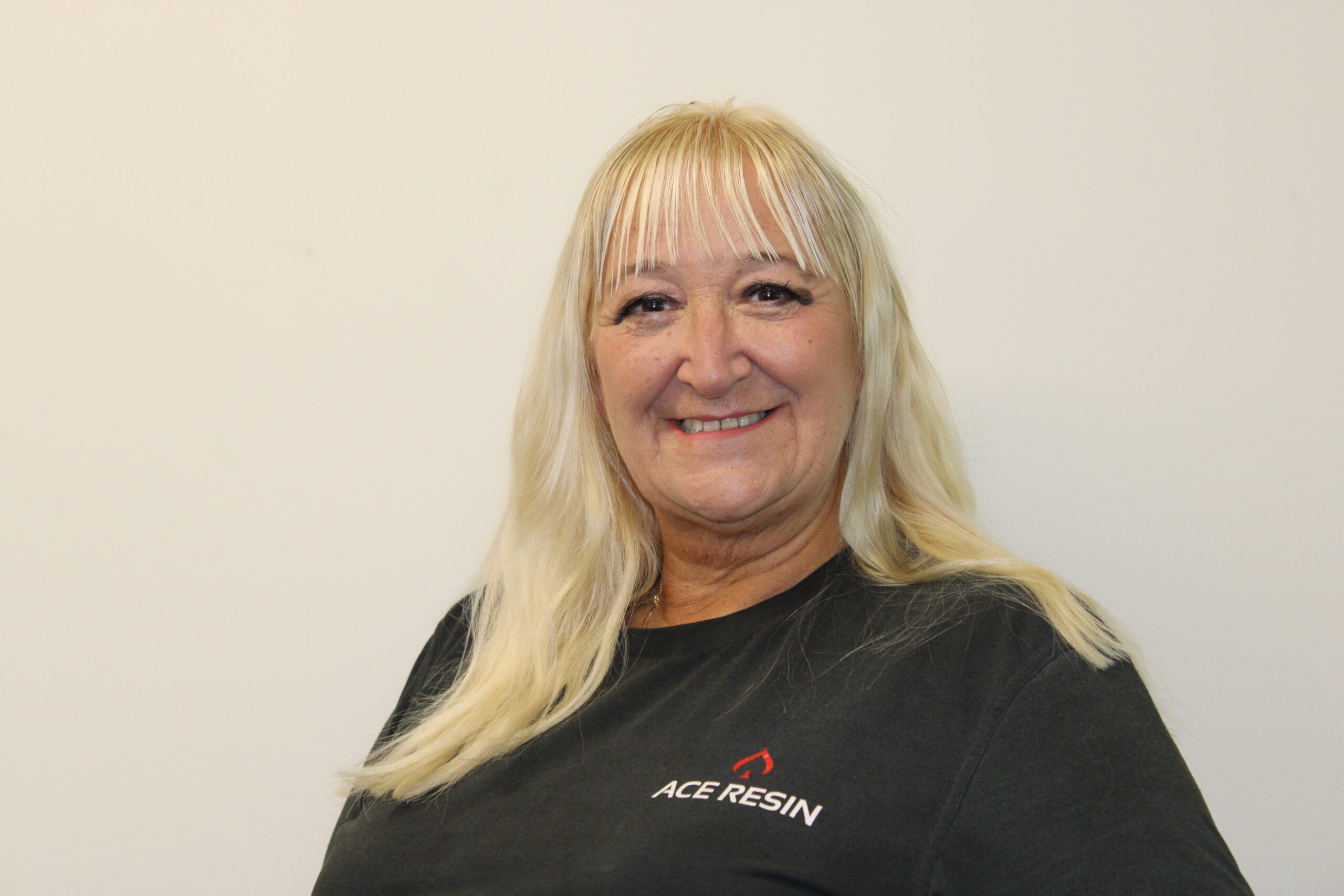
Donna Jones
HEAD OF SALES
Donna Jones, Head of Sales at Ace Resin, has 40 years of construction experience, including two decades at the forefront of resin-bound surfacing. Passionate about innovation and sustainability, she plays a key role in supporting contractors across the UK, helping them enhance their projects with premium, eco-friendly solutions and expert training.

